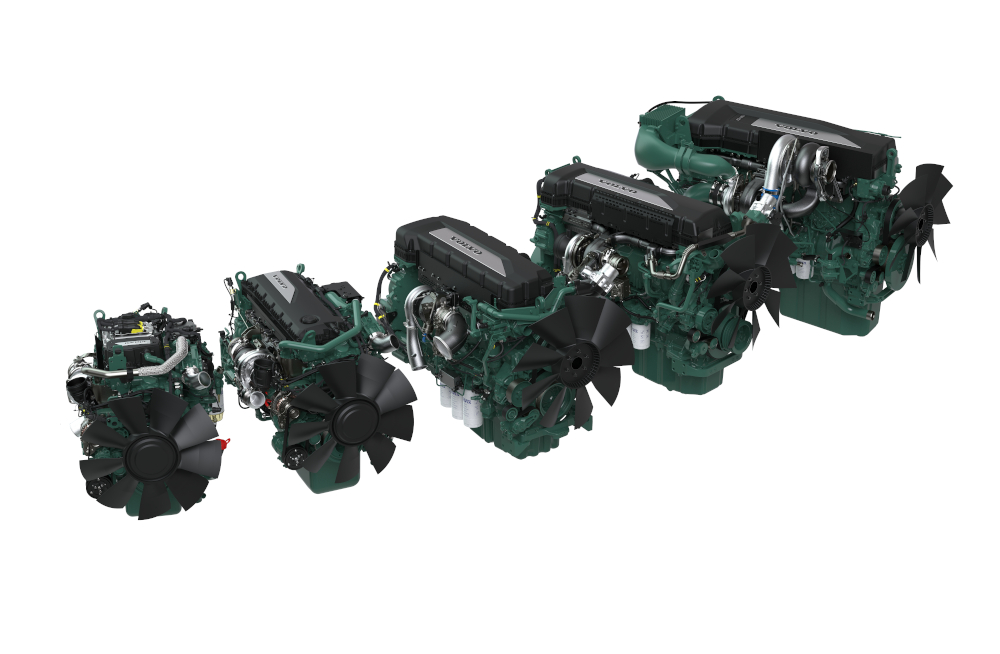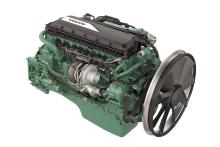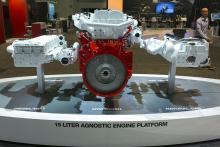
Since 2014, Volvo Penta has been a member of the WWF Climate Savers programme, as part of the wider Volvo Group pledge. The purpose of the programme, which is run by the WWF (World Wide Fund for Nature), is to encourage business and industry to make pledges to help reduce their impact on the environment.

“The Climate Savers programme goes hand in hand with our vision to become the world leader in sustainable power solutions,” says Cecilia Gunnarsson, environmental director at Volvo Penta. “We have made a pledge to promote environmental awareness, develop efficient new technologies and encourage sustainable development.”
Volvo Penta is committed in three ways:
1. To reduce fuel consumption in its engines by 2%. This was recently expanded to also include medium-duty engines (D5 and D8).
2. To increase the use of its Inboard Performance System (IPS) for Marine Commercial, a state-of-the-art technology delivering up to 30% reduced fuel consumption (versus inboard shafts).
3. To advance its electromobility development.
“A Climate Savers company is committed to become ‘best in class’ in reducing greenhouse gas emissions and implement climate positive approaches. It’s encouraging to see that Volvo Penta has made substantial progress in reducing its carbon footprint, and the Stage V engine range for off-road is strong proof of that,” says Mats Landén, senior manager corporate partnerships at the WWF.
Volvo Penta’s Stage V engines have proven extremely promising in field-tests, boasting fuel consumption reductions of up to 5% (versus Stage IV), in some cases even more depending on the application. In addition to off-road, the Stage V engines for mobile gensets deliver up to 3% better fuel economy (versus Stage IIIa).
When the Swedish crushing company Dalby Maskin switched to a Stage V D13 engine as part of the field-testing, they saved 15 litres of fuel per hour. With the crusher operating 2,000 hours per year, this means savings of 30,000 litres of fuel and 80 tons of CO2 from the tailpipe per year. According to recent EU figures, this is equivalent to 11 people’s annual CO2 output.
“The improvements we have done with our Stage V engines is a true win-win, both for the environment and our customers”, adds Gunnarsson. “We both reduced the emission levels and fuel consumption, which not only reduces CO2 output into the atmosphere but also the total cost of ownership for the customer.”










